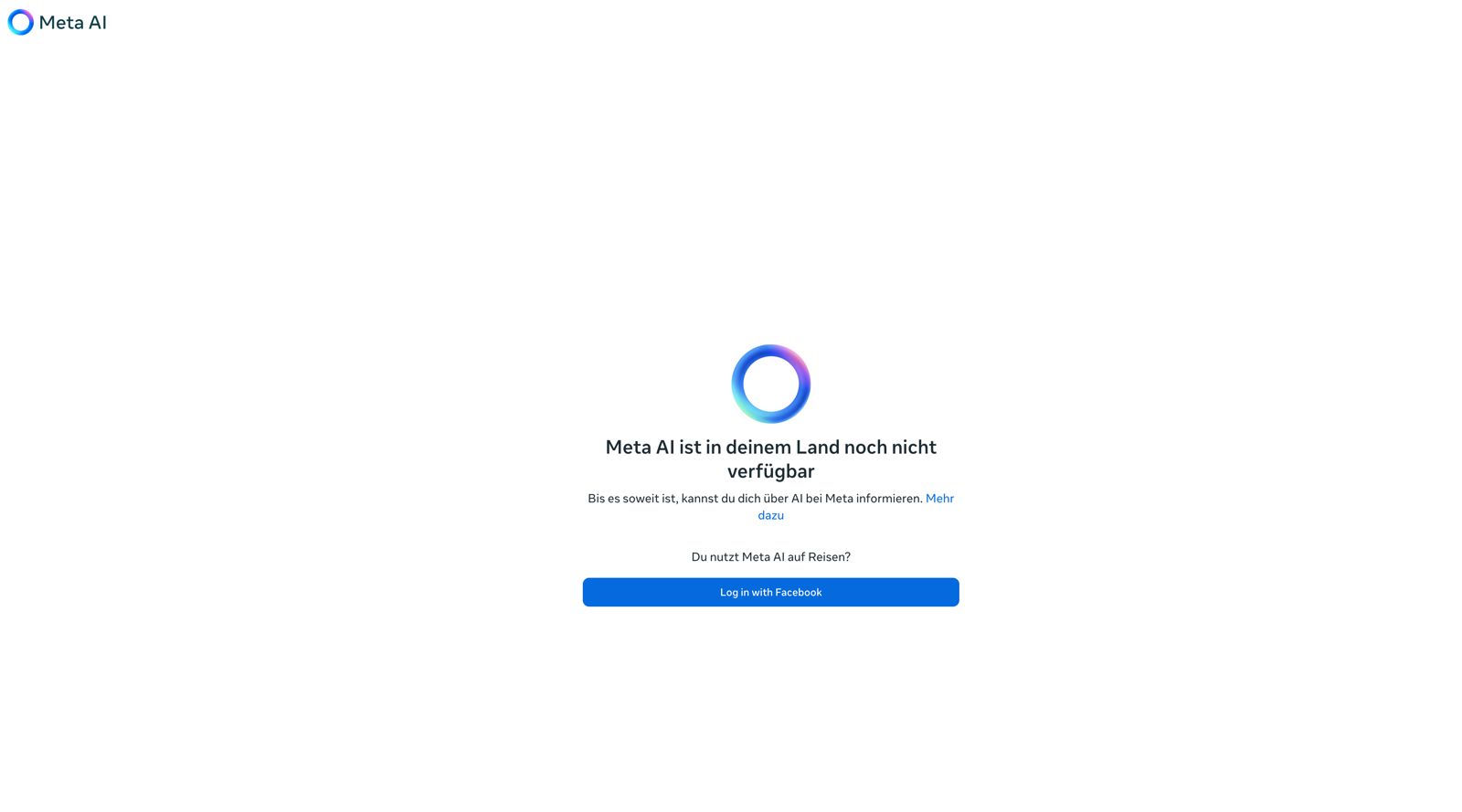Meta’s Global AI Leap: A Big Offer with Regional Availability Hurdles
In an ambitious move, Meta Platforms, the parent company of Facebook, recently announced the roll-out of its most advanced AI models to the public, free of charge. Aimed at fostering innovation and broadening access to state-of-the-art AI technology, Meta’s initiative has been met with enthusiasm from tech communities worldwide. However, amidst the buzz, a common refrain echoes across several nations: Meta’s AI is not yet accessible in their region.
This disparity has sparked conversations about the distribution of technology and equity in the digital age. As global users clamor for access to Meta’s AI offerings, the company faces the challenge of navigating complex regulatory and logistical landscapes across different countries.
The AI Model Promise
Meta’s latest AI models are part of a larger vision to democratize AI technology. By making these tools available to the public without cost, Meta is inviting developers, researchers, and enthusiasts to explore the potential of AI in various fields. The company believes that this move will not only accelerate innovation but also lead to more ethical and equitable AI development practices.
The AI models Meta is offering are advanced tools capable of understanding and generating human-like text, recognizing images, and even assisting in complex problem-solving tasks. These tools have been developed with the ambition of making AI more accessible and useful to a wider audience.
Regional Accessibility Issues
Despite Meta’s global ambitions, the reality on the ground is different. In numerous countries, users report that they are unable to access Meta’s AI services. This has been attributed to several factors, including local regulations concerning data and technology, infrastructure limitations, and strategic business decisions by Meta regarding market entry.
For tech enthusiasts and professionals in these regions, the inability to utilize Meta’s AI offerings means being left behind in the rapidly advancing field of AI. This situation raises concerns about creating digital divides where only select regions benefit from the latest technological advancements.
Meta’s Response and Challenges
Responding to the outcry, Meta has acknowledged the availability issues and assured that it is working on making its AI models accessible in more regions. The company has stated that it is engaging with local governments and regulatory bodies to resolve any legal and operational barriers that might be preventing the deployment of its AI services.
However, Meta faces a complex tapestry of national laws, privacy concerns, infrastructure disparities, and even geopolitical tensions that can slow down or complicate the process. Each country presents its own set of challenges that need to be addressed individually, making the task of universal accessibility a daunting one for Meta.
Impact on the AI Landscape
The limited availability of Meta’s AI models in certain regions has a ripple effect on the global AI landscape. It can lead to unequal opportunities for innovation and could potentially widen the gap between technologically advanced countries and those with less developed digital infrastructures.
Moreover, it affects the global competitiveness of developers and companies in restricted regions, who might not be able to build or integrate the latest AI technologies into their products and services. This could have long-term implications for economic growth and the tech industry in these countries.
Looking Forward
As Meta works to expand the reach of its AI models, the conversation around equitable access to technology continues. The situation underscores the need for global cooperation in the tech industry and the importance of inclusive policies that allow all regions to participate in and benefit from technological advancements.
Ultimately, the success of Meta’s initiative will be measured not just by the sophistication of its AI models, but by the company’s ability to surmount the challenges of global distribution and to truly democratize access to cutting-edge technology.
In the meantime, the world watches and waits, hopeful for a future where advanced AI tools are not just a privilege for some, but a resource for all.
